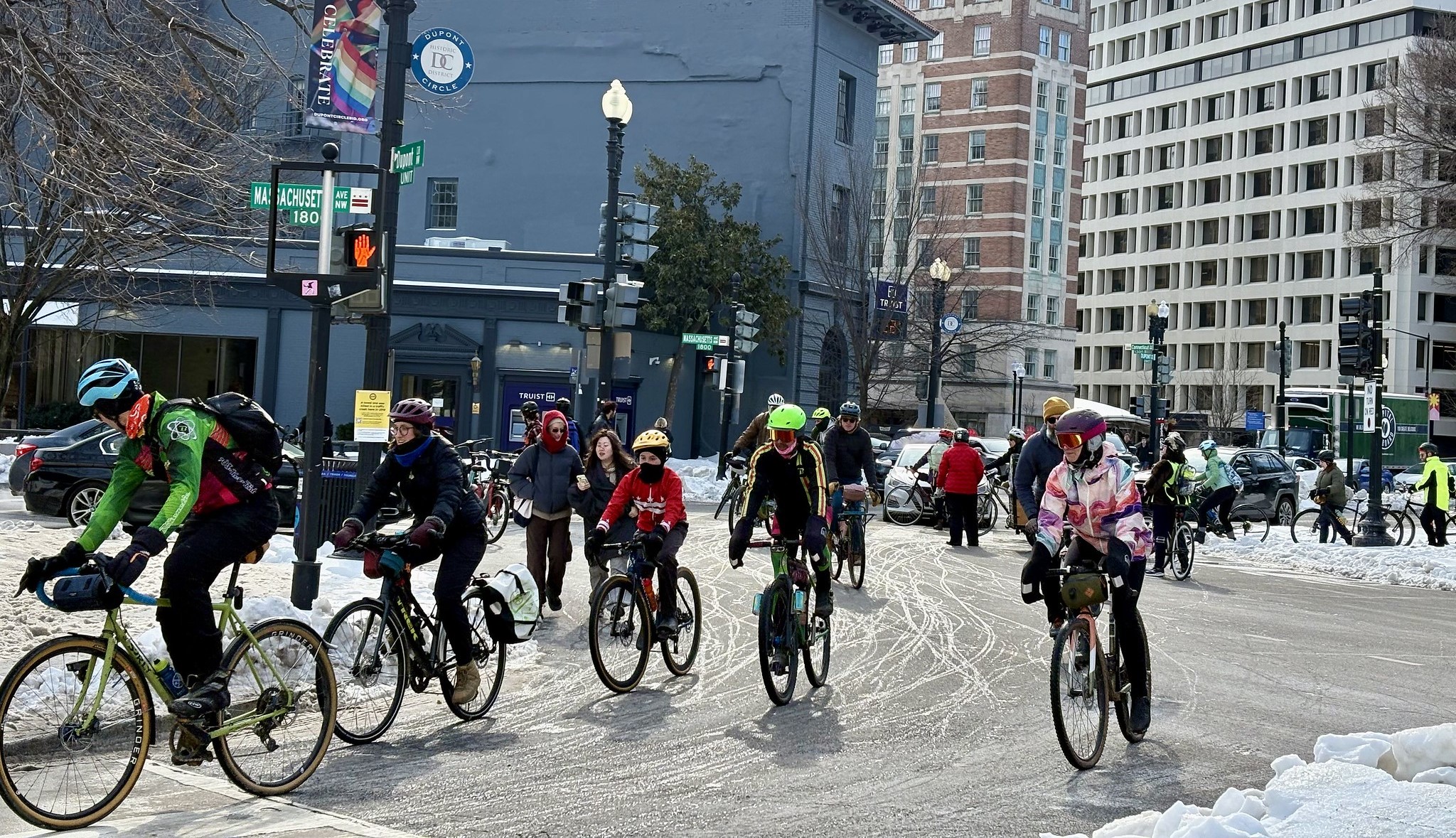- The COVID-19 pandemic has led to less traffic and cleaner air, but not fewer traffic deaths. That’s because fewer cars on the road means it’s easier for drivers to speed, and speed is a major contributor to deaths. Cities are turning to street design, as well as technology like geofencing, to solve the conundrum. (New York Times)
- Bike advocates are criticizing cities like New York, Chicago, Houston, Minneapolis and others for shutting down bike-shares during the George Floyd protests out of fears they could be used for violence or looting, even though no such incidents have been reported. (CNN)
- Transit and ride-hailing curfews in cities where protesters took to the streets last week also stranded essential workers who don’t own cars. (Wired)
- People going out to party — not going back to work — are behind the recent uptick in Uber’s ridership as coronavirus restrictions are lifted. (Business Insider)
- Architects can help protect African-Americans from health crises like police violence and COVID-19 by designing spaces with diverse input and an emphasis on well-being. (Fast Company)
- Axios has a roundup of what cities are doing to convince people it's safe to use transit again. San Francisco has the most detailed plan, with shorter headways, limits on passengers per car, hand sanitizer and $5 hand straps.
- With half a million people set to return to work today in New York City, Gov. Andrew Cuomo and Mayor Bill de Blasio are (shocker!) at odds over how to safely ramp up transit service. (Politico)
- In Minneapolis — where just a few months ago officials were cracking down on crime at light-rail stations and the homeless on trains — a majority of city council members now support dismantling the police department that killed George Floyd. A crowd jeered Mayor Jacob Frey when he announced his opposition to the plan, which has yet to be fleshed out (Star Tribune). Just watch here as Frey makes the walk of shame, booed by his constituents.
- The son of a cop who policed the 1968 riots after Martin Luther King Jr.'s assassination reflects on the recent unrest at Streetsblog Chicago.
- A Jacksonville city council member wants to raise the city’s gas tax and use the revenue to address racial inequities. (News4Jax)
- In shades of the bad old Urban Renewal days, Texas’ plans to widen I-45 through Houston would displace hundreds of families. (Chronicle)
- Seattle’s funding for new bus and train lines will dry up by 2028 unless Sound Transit starts cutting or delaying projects now, transit officials warned. They anticipate a permanent loss of sales tax revenue from the current economic downturn. (Seattle Times)
- A Boston startup called Superpedestrian is buying scooter-sharing competitor Zagster and introducing a line of smart and durable e-scooters under the name Link, starting in Provost, Salt Lake City, Asbury Park, Manhattan, Kansas and Columbus, Ohio. (The Verge)
- Detroit’s MoGo bike-share is doubling in size, expanding into the inner-ring suburbs of northwestern Wayne and southern Oakland counties. (WXYZ)
Streetsblog
Monday’s Headlines from Around the Country
Stay in touch
Sign up for our free newsletter
More from Streetsblog USA
Tuesday’s Weaponized Headlines
The Trump administration's authoritarianism extends to transportation.
Commentary: US DOT’s Misguided War on Bikeways
"European genes do not produce some kind of innate affinity for human-powered mobility — [and] people on any continent will use bike infrastructure if it is safe."
Shoveling a Snowy Sidewalk Is An Act of Resistance
Shoveling a sidewalk in winter is always a critical act of community care — but in an era of government assault on civil liberties, it's also an act of resistance.
Monday’s Headlines Are for Alex Pretti
Cyclists banded together in cities across the country to honor the ICE victim.
Friday Video: Should We Stop Calling Them ‘Low-Traffic Neighborhoods’?
Is it time for London's game-changing urban design concept to get a rebrand?
Friday’s Headlines Yearn to Breathe Free
While EVs aren't the be-all end-all, especially when it comes to traffic safety, they do make the air cleaner. Most of the U.S. is falling behind on their adoption, though.





